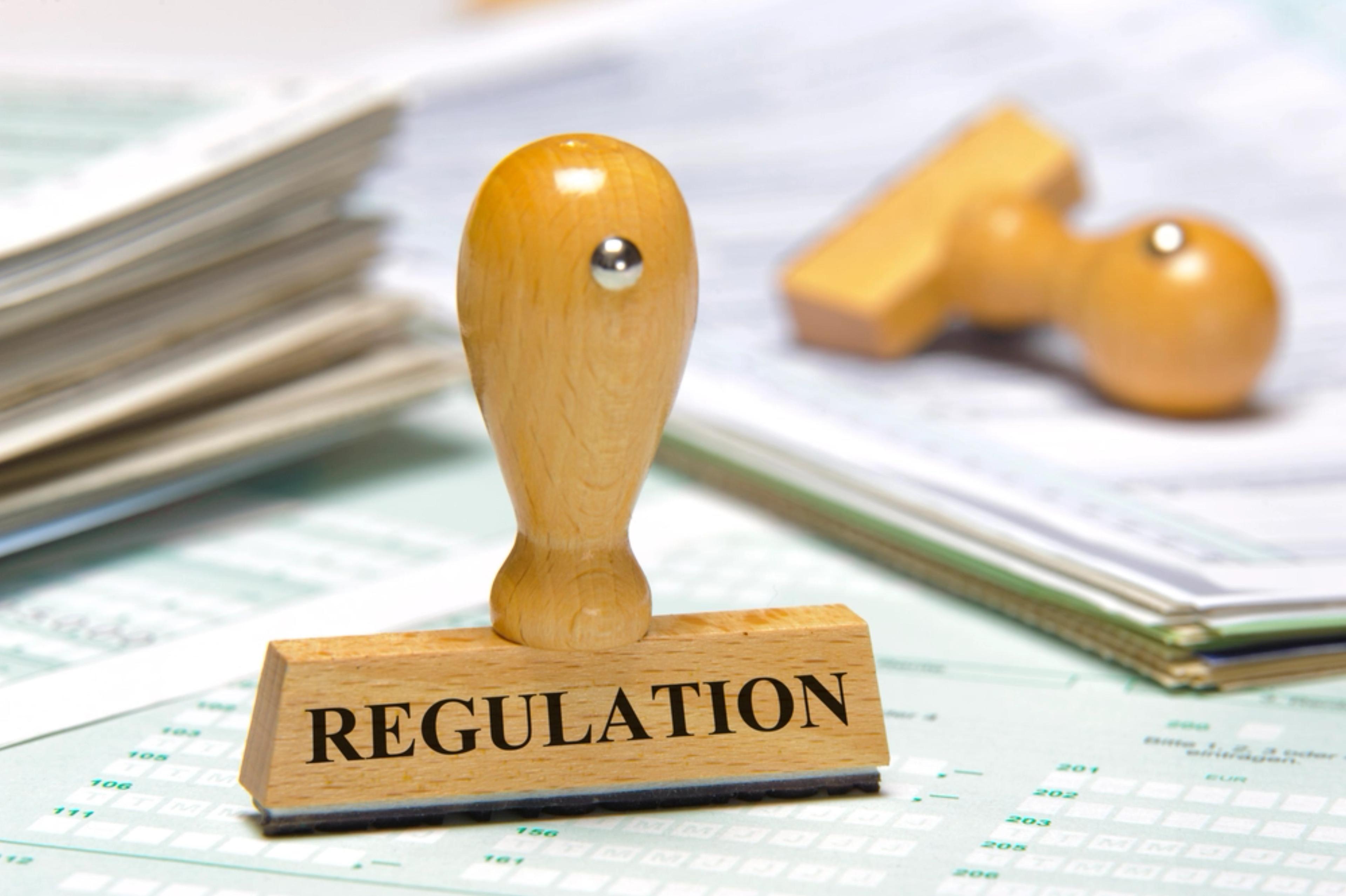Navigating the 2% Tourism Levy in Sierra Leone: A Guide to Compliance for Businesses

Theodore Lumpkin
Tax Associate
A 2% Tourism Levy was introduced in Sierra Leone through the Finance Act 2023, marking a significant development in the tourism sector. The levy seeks to contribute to tourism infrastructure, quality improvements, and growth. However, its implementation has introduced several compliance obligations for tourism businesses, including hotels, guesthouses, resorts, restaurants, and other establishments. Understanding and adhering to these requirements is essential for ensuring compliance and avoiding penalties and interest from the National Revenue Authority (NRA).
What is the Tourism Levy?
The 2% Tourism Levy is a charge levied on the sale price of accommodation, food, drinks, and related services tourism businesses offer. It applies to all tourism establishments, including hotels, guesthouses, resorts, and tour operations, as Section 10 of the Finance Act 2023 defines. According to Section 10 (6) of the Finance Act 2023, “a tourism establishment means any buildings, structures, schemes, or facilities designed or used for sleeping accommodation, restaurant, transport and tour facilities for tourism purposes. It shall include a hotel, guesthouse, motel, resort, tourist cabin, hostel, campground, catering and meal services, tour guide or tour operator services. On that note, any business under this category must comply with the Tourism Levy.
Compliance Requirements for Tourism Businesses
Section 10 of the Finance Act 2023 outlines several critical responsibilities that tourism establishments must meet to comply with the Tourism Levy requirements:
Registration with the NRA
All tourism establishments must register with the NRA, through which the tourism levy software will be integrated with the Electronic Cash Register (ECR) invoicing system.
Collection of Tourism Levy from Customers
Section 10 (3) states that the 2% levy must be itemised as a separate line item on all customer invoices. Businesses act as agents of the NRA in collecting this levy from customers.
Calculation of Tourism Levy
The 2% Tourism Levy is calculated on the GST-exclusive amount, i.e. the amount before GST is charged. For example, if an invoice total is SLE 1,000, the Tourism Levy of 2% of SLE 1,000 = SLE 20.
Timely Filing and Payment of Tourism Levy
The levy amounts collected must be filed with the NRA by the end of the month following the collection period. This practice aligns with the filing requirements for Goods and Services Tax as stated in the GST Act 2009. As Section 10 (5) of the Finance Act 2023 stipulated, businesses must pay the collected levy to the NRA by the end of the month following the collection period. Failure to pay on time may result in penalties.
Maintaining detailed Records for Reporting and Audits
Detailed records must be maintained for all levy-related transactions. Proper documentation, including invoices and receipts, ensures accurate reporting and provides evidence of compliance during audits.
Failure to comply with the Tourism Levy obligations will result in penalties and interest from the NRA.
Best Practices for Compliance
Here are practices to help ensure compliance with the 2% Tourism Levy
Prioritise Timely Registration
Ensure your business is registered with the NRA specifically for collecting the Tourism Levy. Registration is a crucial first step in maintaining compliance and avoiding penalties.
Accurate Invoicing
Businesses should use automated invoicing software that itemises the 2% levy on each transaction. This can reduce the risk of errors and ensure that the levy is consistently applied across all invoices).
Meet the Filing and Payment Deadline
Tourism establishments should adhere to the filing and payment deadlines like GST by submitting and paying collected levy amounts to the NRA on time, i.e. at the end of the month following the month the levy was collected. Establishing a system for monitoring deadlines, such as using reminders or a compliance calendar, helps prevent late filings and penalties.
Regular Internal Audits and Reviews
Conduct regular internal audits to verify the accuracy of levy collections, record-keeping practices, and payment records. This internal process helps identify and address potential errors before they lead to non-compliance or penalties.
Conclusion
The 2% Tourism Levy, introduced by Sierra Leone’s Finance Act 2023, represents an important step in promoting the country’s tourism sector. Businesses can contribute to the growth and development of the tourism sector and avoid penalties by adhering to the compliance requirements. It is highly advised that tourism establishments stay informed about the tourism levy obligations and use compliance practices to ensure timely and accurate reporting as the tax laws, requirements, and procedures are amended. By embracing these responsibilities, tourism establishments can enhance their tax status, avoid penalties and interest, and play an active role in developing the tourism sector in Sierra Leone.
You may also like...




